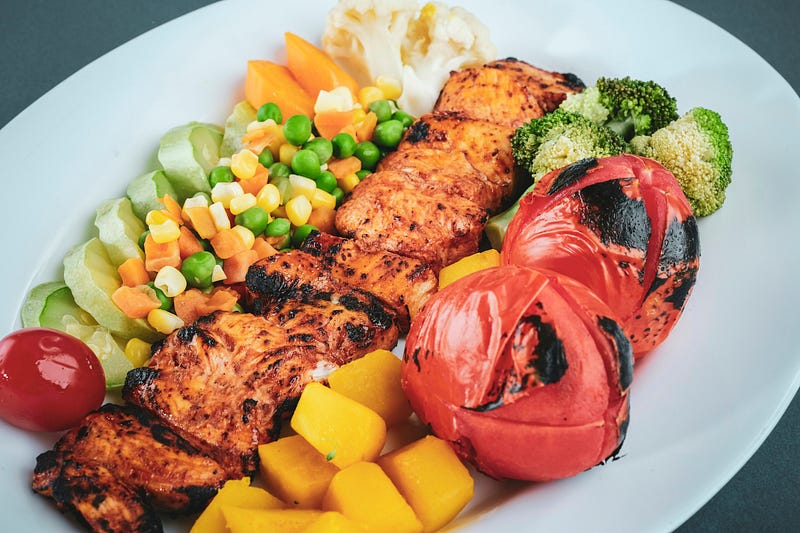The Life-Extending Benefits of Paleo and Mediterranean Diets
Written on
Understanding the Impact of Diet on Longevity
Recent research from Emory University indicates that adhering to Paleo or Mediterranean diets can substantially lower the risk of premature death. These diets exhibit a 41% to 51% reduction in all-cause mortality compared to those following a typical Western diet. Specifically, the findings revealed that 12.3% of individuals consuming a Western diet succumb within ten years, whereas only 9.6% of those on a Paleo diet and 8.1% of those on a Mediterranean diet face the same fate.
These diets' protective effects are largely attributed to a decreased incidence of cardiovascular diseases and potentially cancer.
The Mechanisms Behind the Benefits
A follow-up study from the same institution sheds light on the relationship between the Paleo/Mediterranean diet and chronic inflammation, as well as oxidative stress. To understand this better, it’s essential to recognize the detrimental effects of chronic inflammation and oxidative stress on health.
Chronic inflammation and oxidative stress can lead to:
- Sleep disturbances
- Mood disorders
- Weight gain
- Unexplained joint and muscle pain
- Fatigue
- Decreased motivation
- Weakened immune function
- Increased mortality risk
The aging process can also be accelerated, leading to a 75% higher risk of death from various causes, including cancer and cardiovascular diseases.
Adopting a Paleo or Mediterranean diet can mitigate these issues. Individuals on the Paleo diet experience 39% less inflammation and 59% reduced oxidative stress, while those following the Mediterranean diet see a 29% decrease in inflammation and a remarkable 61% reduction in oxidative stress.
Nutritional Guidelines for the Paleo Diet
Recommended Foods: Increase intake of:
- Vegetables
- Fruits
- Lean meats (such as skinless chicken, turkey, and lean beef)
- Fish
- Nuts
- Non-dairy calcium sources (like vegetables)
Foods to Limit: Decrease consumption of:
- Processed meats (including non-lean red meats and nitrate-treated meats)
- Sodium
- Dairy products
- Grains and starches
- Baked goods (like cakes and pies)
- Sugary beverages
- Alcoholic drinks
Nutritional Guidelines for the Mediterranean Diet
Recommended Foods: Increase intake of:
- Vegetables
- Fruits
- Lean meats (including skinless chicken, turkey, and lean beef)
- Fish
- Nuts
- Monounsaturated fats (such as olive oil)
Foods to Limit: Decrease consumption of:
- Processed meats (including non-lean red meats and nitrate-treated meats)
- Sodium
- Baked goods (like cakes and pies)
- Sugary beverages
Foods to Consume in Moderation:
- Dairy
- Grains and starches
- Alcohol
For further reading, see the studies by Whalen et al. (2017) and Whalen et al. (2016) which explore the inverse relationship between these dietary patterns and mortality rates as well as biomarkers of inflammation and oxidative balance.
